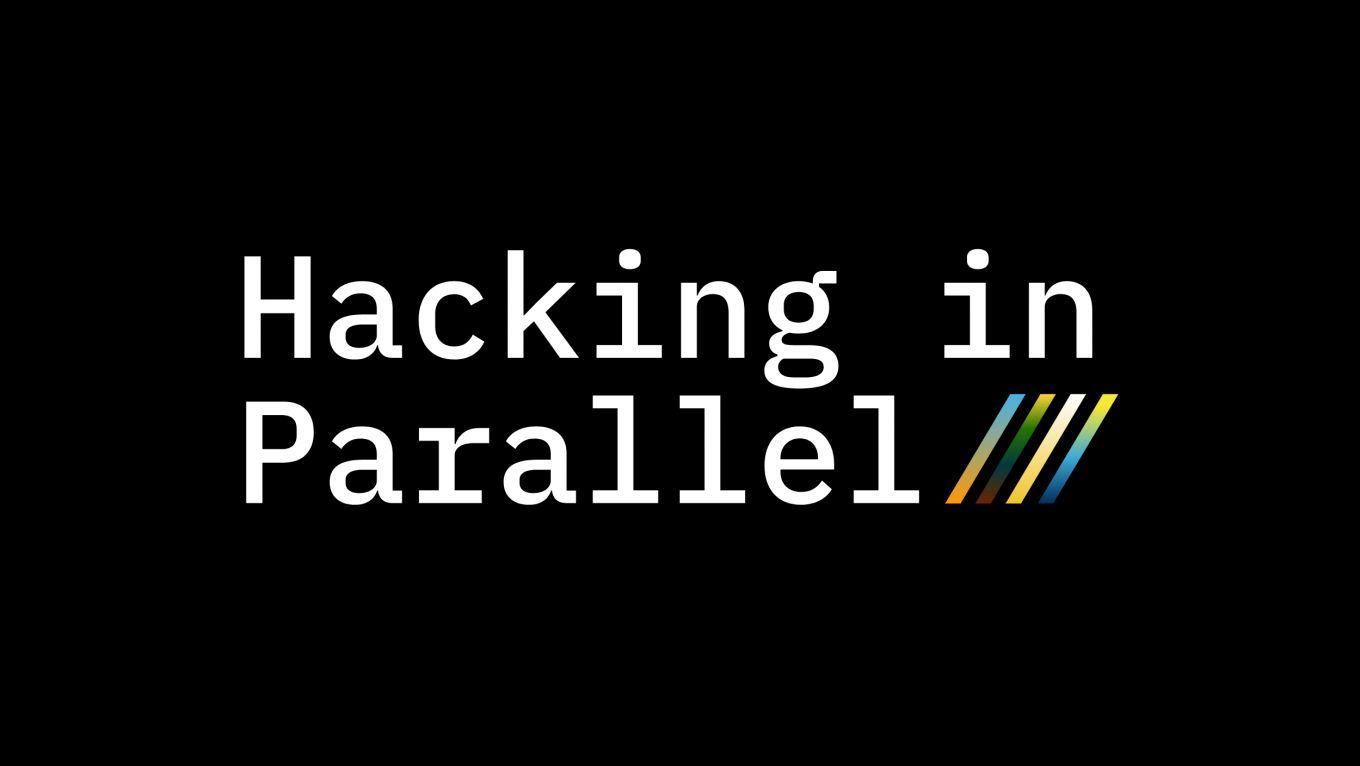Theater Hall - E.T.I. (HiP main stage)
Reviving open-source projects: at the example of OpenTracks
Most open-source projects have limit lifetime: at some point in time development stops and the project becomes unmaintained. A lot of projects often do not even reach the stage, where they are used by a critical mass of users.
In this talk, I will go through the steps of continuing an open-source project using my lessons learned from forking Google's MyTracks and crafting it into OpenTracks.
What makes an open-source project successful? How does a hands-on lifecycle of an open-source project look like? How can we ensure that an open-source project stays meaningful over several years?
In 2016, Google decided to sun set MyTracks, which was a very successful Android application for GPS tracking. Back in 2019, I forked Google's MyTracks and re-branded as OpenTracks.
In this talk, I will present the hands-on lessons I learned in the subsequent 3 years of ongoing development.
Additional information
| Live Stream | https://streaming.media.ccc.de/jev22/hip1 |
|---|---|
| Type | Talk/panel 30 min |
| Language | English |
More sessions
| 12/27/22 |
Welcome to Hacking in Parallel. Lets fire this up.
|
| 12/27/22 |
We'll look at the role IT and software play in modern manufacturing, with a twist on the semiconductor industry. Since I'm a security guy, we'll mostly focus on the sorry state of that.
|
| 12/27/22 |
Das US-Militär hat massenhaft Geräte zur biometrischen Erfassung von Menschen in Afghanistan genutzt. Einige Geräte wurden beim hastigen Abzug der NATO-Truppen zurückgelassen. Wir haben bei Analysen solcher Geräte große Mengen an biometrischen und weiteren personenbezogenen Daten gefunden. In den falschen Händen bedeuten diese Daten Lebensgefahr für Menschen in Afghanistan und Irak.
|
| 12/27/22 |
In IT security we have been preoccupied with failures, with things that go wrong, and so we count the negatives -- the times when we failed. How about we seriously started counting the positives? More importantly, what if by adding more and more constraints to avoid the holes we have found, we are also removing the positive capacities in the system, thereby hurting our chance of success more than we hurt our chance of failure? In this talk, I will try to highlight how IT security could be done ...
|
| 12/27/22 |
The C programming language first appeared in 1972 and became enormously popular. It has this magical combination of features that allows developers to quickly write portable code that can be reused and easily ported to different architectures. It has been the foundation of most operating systems and systems programming in the past 50 years.
|
| 12/27/22 |
The "Enhanced Border Security Partnership" poses an unprecedented threat to civil liberties in Europe.
|
| 12/27/22 |
We summarize howto secure Kubernetes clusters in critical infrastructure and give insights from the machine rooms.
|

